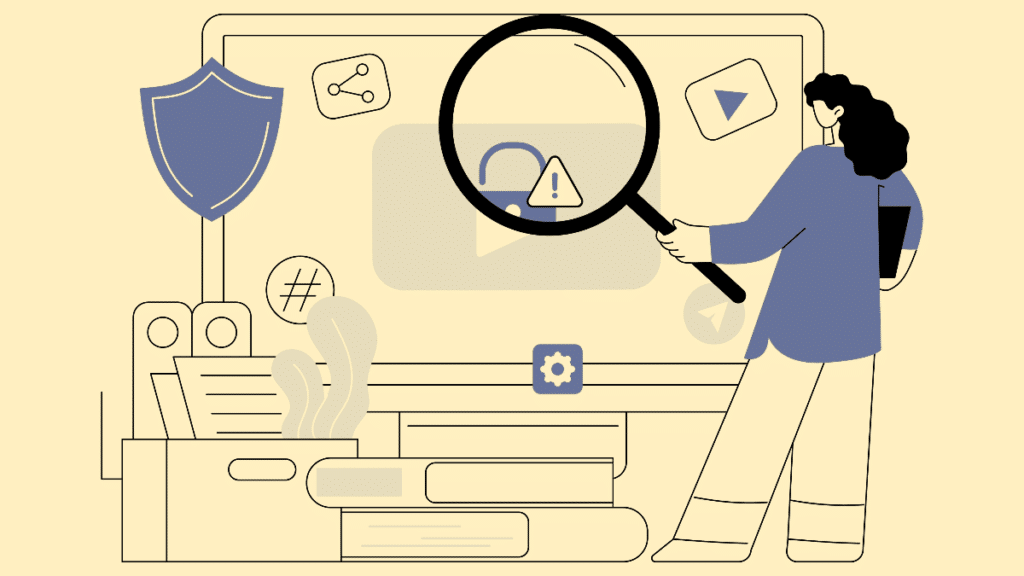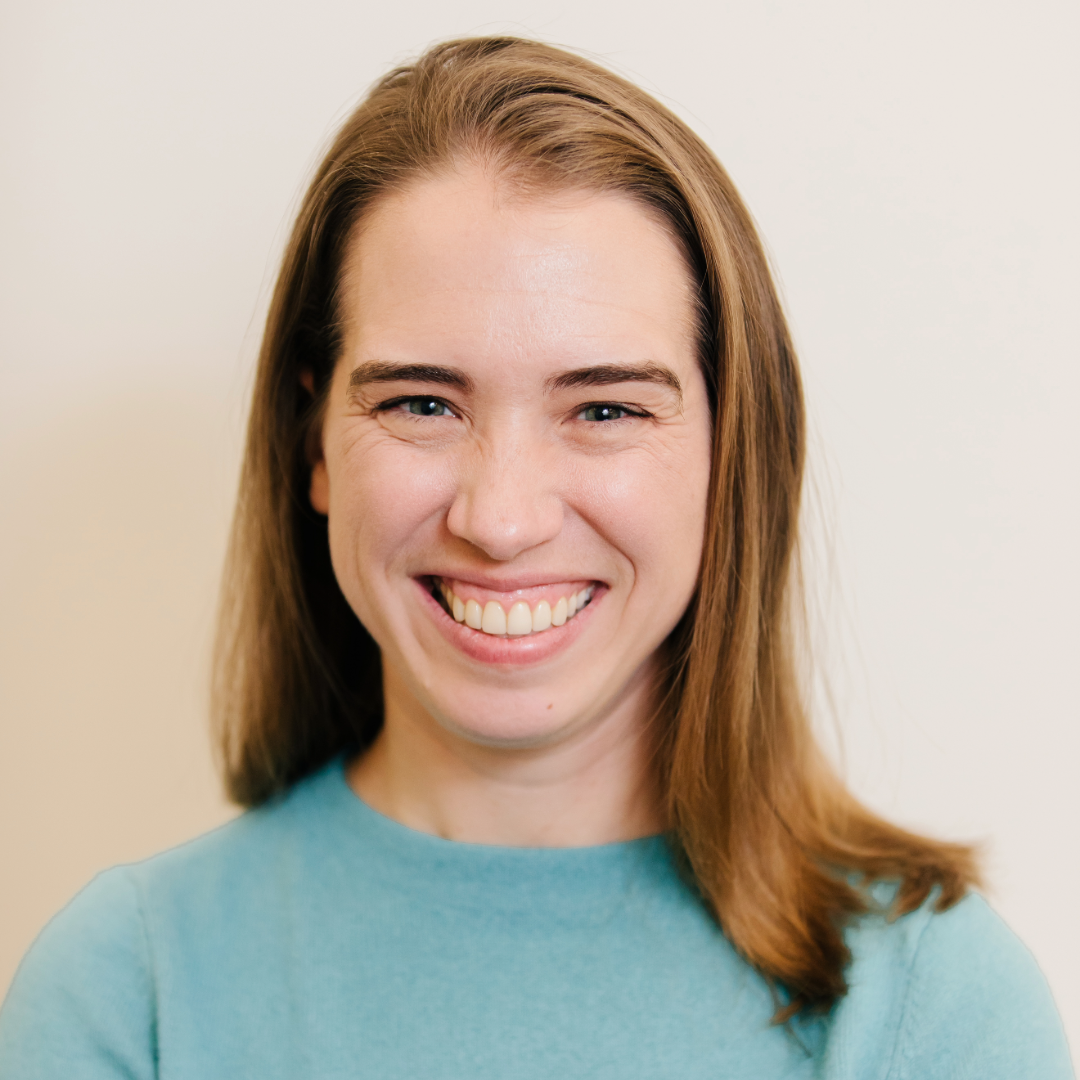Kids Online Safety Act Will Censor the News
Caitlin Vogus / Oct 19, 2023Caitlin Vogus is Deputy Director of Advocacy at the Freedom of the Press Foundation.

Imagine you’re a teenager who just survived a school shooting, but the government says you can’t read the news about it on social media because it might make you depressed. It sounds too ridiculous for even the US Congress. But under a bill currently being pushed by lawmakers in both parties and the White House, the Kids Online Safety Act (KOSA), it could become reality.
Based in part on moral panic and unproven claims that social media is irreparably harming children, KOSA purports to “protect” kids by incentivizing censorship of online content. More than 90 LGBTQ+, human rights, and civil liberties organizations already oppose KOSA, arguing it will make kids less safe.
It will also make kids — and everyone else — less informed. At a time when disinformation is running rampant, KOSA will cause social media platforms to remove real journalism. The impact will be felt by everyone, not just kids.
KOSA’s duty of care
The heart of KOSA is a “duty of care” that states that platforms covered by the law must “act in the best interests of a user that the platform knows or reasonably should know is a minor by taking reasonable measures in its design and operation of products and services to prevent and mitigate” certain harms to young people, including “anxiety, depression, eating disorders, substance use disorders, and suicidal behaviors.”
KOSA’s duty of care would apply to some of the most popular platforms used by both minors and adults, including Facebook, Instagram, X, TikTok, and YouTube. As long as a platform knows that a person under 17 uses its service, it must comply with the law. KOSA’s duty of care doesn’t apply to most news websites and apps, but that won’t protect news content when it’s shared on other online platforms that the bill does cover.
KOSA will censor the news for everyone
Many news outlets reach people through social media, and half of Americans say that they use social media sites as a source of news at least sometimes. But if KOSA passes, platforms will strip news from their services as they try to comply with the law.
Some platforms may intentionally remove news content, which they may consider both depressing and anxiety-producing. But even if they don’t remove the news on purpose, platforms will inevitably end up taking it down by accident as they try to moderate other content. Content moderation tools are blunt instruments that don’t understand context or nuance. Platforms will erroneously flag and remove news reports about suicide, eating disorders, illegal drugs, and other topics KOSA covers.
This isn’t a hypothetical. For example, Facebook has mistakenly removed the accounts of Syrian journalists reporting on human rights abuses committed during the Syrian civil war when trying to remove terrorist content.
KOSA only requires platforms to prevent harm to minors, but unless services try to verify the ages of their users — which, as explained below, has its own problems when it comes to free expression— they won’t remove objectionable content just for users under 17. Far easier and less expensive will be to remove it for all users. That will mean everyone has less access to news — and fewer sources of accurate, authoritative information to counter disinformation — through social media.
KOSA will censor the news for young people, especially
Even if some platforms do try to remove content only for minors, that’s not much better than censoring it for everyone. Shielding children from depressing or anxiety-producing content because the government says so doesn’t protect them; it leaves them uninformed about their elected leaders and current events when they’re on the cusp of adulthood.
In some states, 16 year olds can work or make their own reproductive health care choices. They’re just two years away from being able to vote and enlist in the military. Kids need to research colleges, potential employers, and career paths. For children who grow up in highly restricted environments because of religion or political extremism, the internet is a lifeline to learn about the outside world. Some children even write or broadcast the news, but would be stymied if they can’t read it.
Teens shouldn’t be kept in the dark until they’re almost adults. They need access to the news and information they’ll use in just a few short years to make decisions that could have lifelong ramifications. Shielding kids from difficult information also doesn’t do them any favors, if they never learn how to deal with troubling or disturbing content until it all comes flooding in the day they turn 17.
KOSA will make it harder to communicate and consume news anonymously online
Finally, some platforms will respond to KOSA by requiring users to provide proof of their ages, despite language in the latest version of the bill that says it doesn’t require age verification. Because age verification often requires users to give platforms identifying information, like a government-issued ID, it threatens people’s ability to speak and seek out information anonymously online.
Anonymous online communication is especially important for sources who want to speak to reporters confidentially. KOSA endangers that anonymity. An unsophisticated source who messages a reporter using a platform that previously asked for a government ID to verify their age risks having their identity exposed. (Of course, reporters can encourage sources to use more secure forms of communication, but they can’t entirely control how sources contact them.)
In addition, some people may feel less free to seek out news on controversial topics if they know they’re always identifiable on social media. A government employee may be afraid to click links to news reports about leaked classified information on X (formerly Twitter). A person in recovery may shy away from subscribing to addiction recovery publications on Facebook. A person in a conservative community may be chilled from following the Instagram account of an LGBTQ+ publication. The list of potential examples goes on and on.
Protecting kids is a worthwhile goal. But KOSA won’t make kids safer, and it will lead to censorship on the internet for everyone. Giving children — and everyone — easy access to reputable news sources empowers them to understand and think critically about current events, their elected leaders, and the world around them. In the long run, that’s what will really keep kids safe.
Authors
